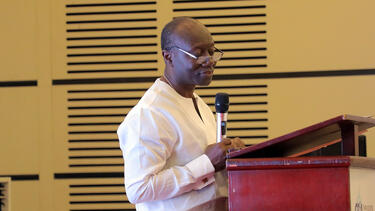Politics and Policy
The Problems with a Socialist Vision for NYC
Yale’s Jeffrey Sonnenfeld and co-authors suggest that some of New York City mayoral candidate Zohram Mamdani’s socialism-inspired proposals, such as city-owned grocery stores, are likely to run into inefficiencies and unanticipated downsides. They write that capitalism can be a better engine of progress.
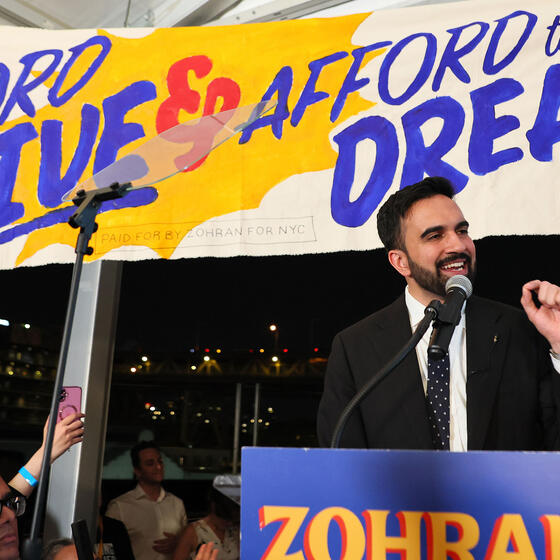
Forgiving Debts May Boost Employment During Recessions
In an analysis of the Great Recession, Yale SOM's Paul Goldsmith-Pinkham and his co-authors found that debt relief increased employment by up to 2% nationwide.
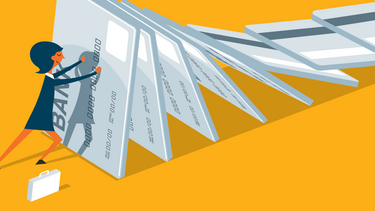
Think Biden and Trump Are Too Old for the White House? Take a Look Around.
Yale SOM’s Jeffrey Sonnenfeld points to research on the strengths of older people and the accomplishments of politicians and business leaders in their 60s, 70s, and 80s.
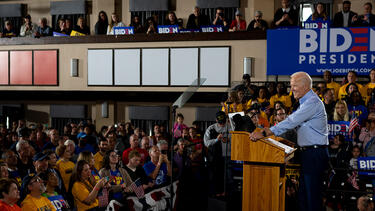
A Frustrating and Illuminating Process: Global Network Experts Discuss the State of Brexit
A panel of experts from the Global Network for Advanced Management discussed the prolonged, contentious Brexit process and what the future likely holds for businesses and citizens with ties to Britain.
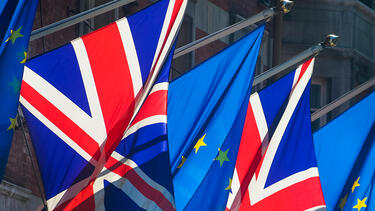
Three Questions: Prof. Andrew Metrick on What Makes a Good Pick for the Fed
President Trump recently announced his intention to appoint two well-known conservative figures—Stephen Moore and Herman Cain—to the Federal Reserve Board of Governors. We asked Prof. Andrew Metrick about the qualities of an effective Fed governor.

Prof. Fiona Scott Morton Outlines Fixes for Healthcare Markets in Congressional Testimony
Prof. Scott Morton called a private healthcare system without competitive pressure “the worst of both worlds” in terms of costs.
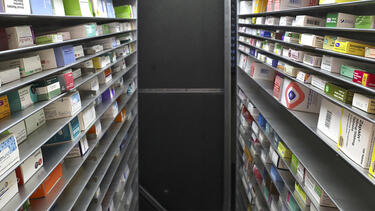
Can Business Links Lead to Peace Between Israelis and Palestinians?
Yale's Ian Shapiro says that sometimes business leaders can create the pre-conditions for progress when politicians are stuck.
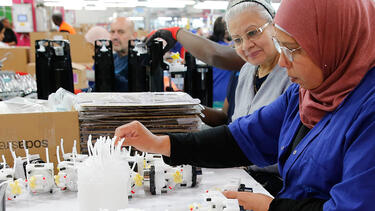
Ranji Nagaswami ’86 on Telling Hard Truths
As chief investment adviser for New York City, Ranji Nagaswami ’86 delivered the unvarnished truth when she discovered unwelcome news about the city’s pension funds.
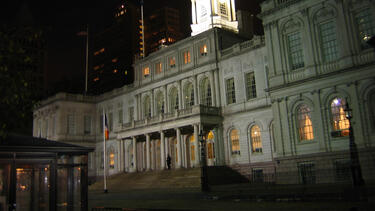
Three Questions: Prof. Paul Goldsmith-Pinkham on Payday Loans and Consumer Protection
The Consumer Financial Protection Bureau will stop requiring payday lenders to confirm borrowers' ability to repay. We asked Yale SOM's Paul Goldsmith-Pinkham what this change might mean to financially strapped Americans.
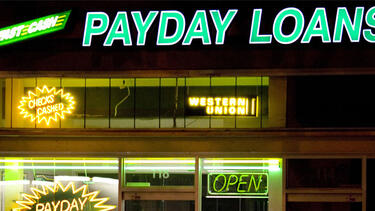
The Roots of America’s Exceptional Inequality
Yale political scientist Jacob Hacker joined Yale SOM’s Global Leadership: Big Issues course to discuss the tax, policy, and political forces that have disproportionately benefited the richest Americans—and caused many to feel left behind.
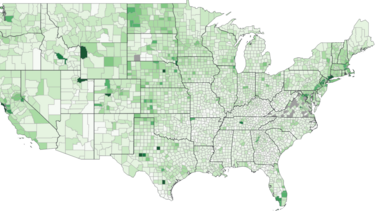
Ken Ofori-Atta ’88 on Going Where You Can Make a Difference
Ken Ofori-Atta ’88, finance minister of Ghana, on integrity and the risks required to strengthen society.
